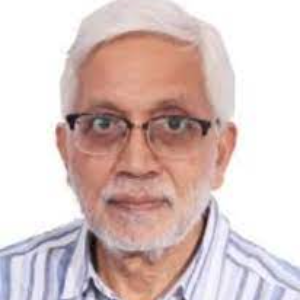Title: Nanofiltration mediation for efficient production of second generation bioethanol by wild-type yeast from Lignocellulosic hydrolysate
Abstract:
Nanofiltration, a relatively new synthetic membrane-based separation process was first used to fractionate lignocellulosic hydrolysate. The fractionated streams of permeate and retentate were fermented separately to produce bioethanol in high yield. The choice of the right nanofiltration membrane was critical to achieving the optimal separation of glucose and xylose of the lignocellulosic hydrolysate. The molecular weight cut-off for the nanofiltration membrane was between 100 to 300 and the maximum transmembrane pressure used was 30 bar. The volumetric flux of these membranes was in the range of 60 to 100 LMH (liter m-2 h-1) for transmembrane pressure > 20 bar. These nanofiltration membranes were procured from various manufacturers like Novasep USA, Snyder USA and Permionics India. The separated streams thus obtained were completely fermented via wild-type yeasts namely Saccharomyces cerevisiae and Pichia stiptis into ethanol. The intervention of nanofiltration played an important role whereby the use of recombinant strain was avoided. Also, the complete utilization of carbohydrates of lignocellulosic hydrolysate was obtained. Nanofiltration not only separated the 5-carbon and 6-carbon carbohydrates but also separated toxins of the hydrolysate into the stream which was fermented by Saccharomyces cerevisiae. The productivity of ethanol was 2 to 3 times faster in the present process than the conventional method which were in use so far. In a nanofiltration-assisted process, high sugar concentrations as high as 100 g/l could be fermented to its completion



